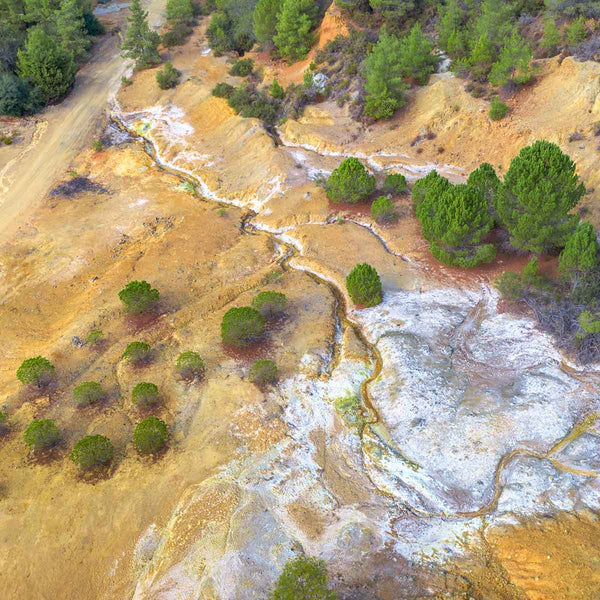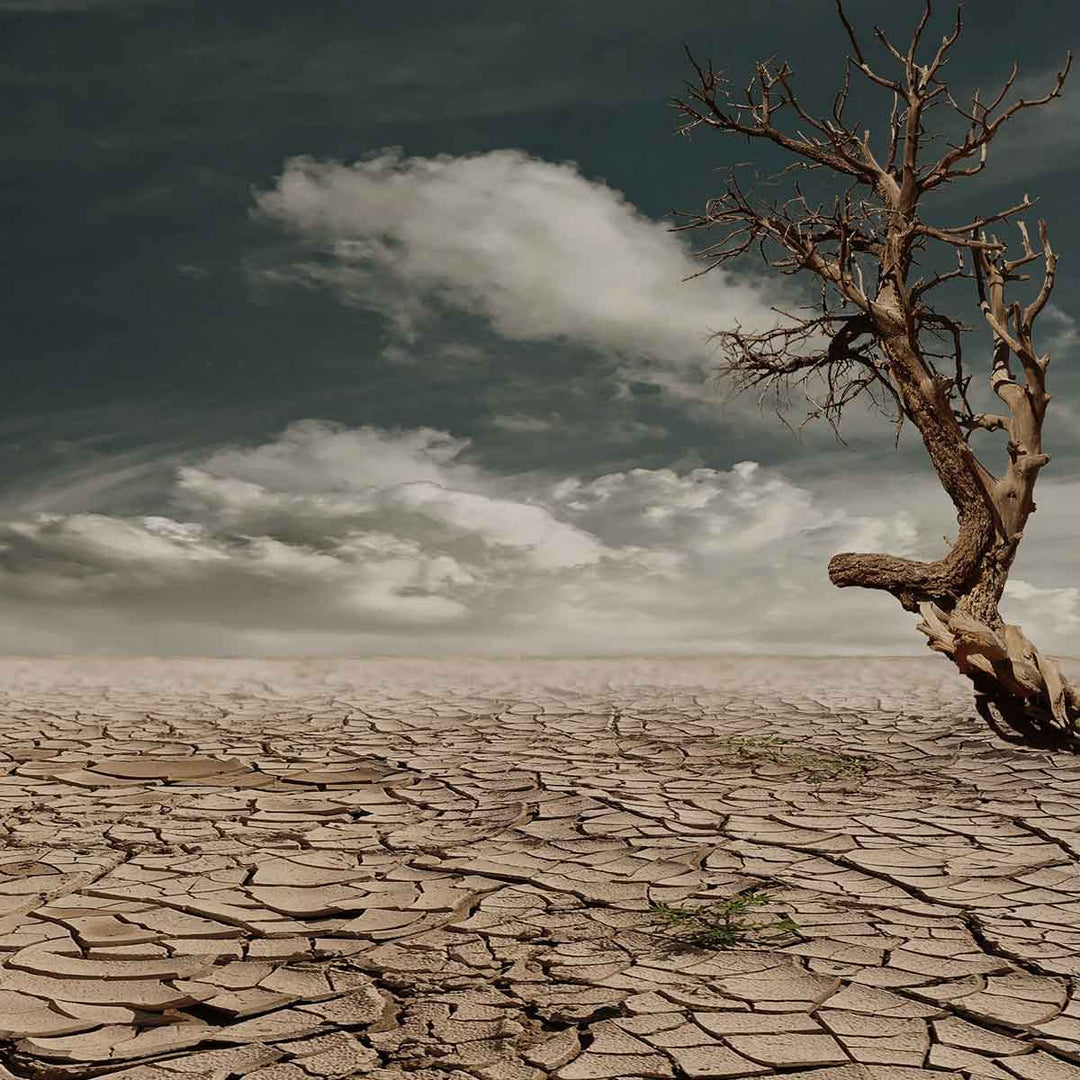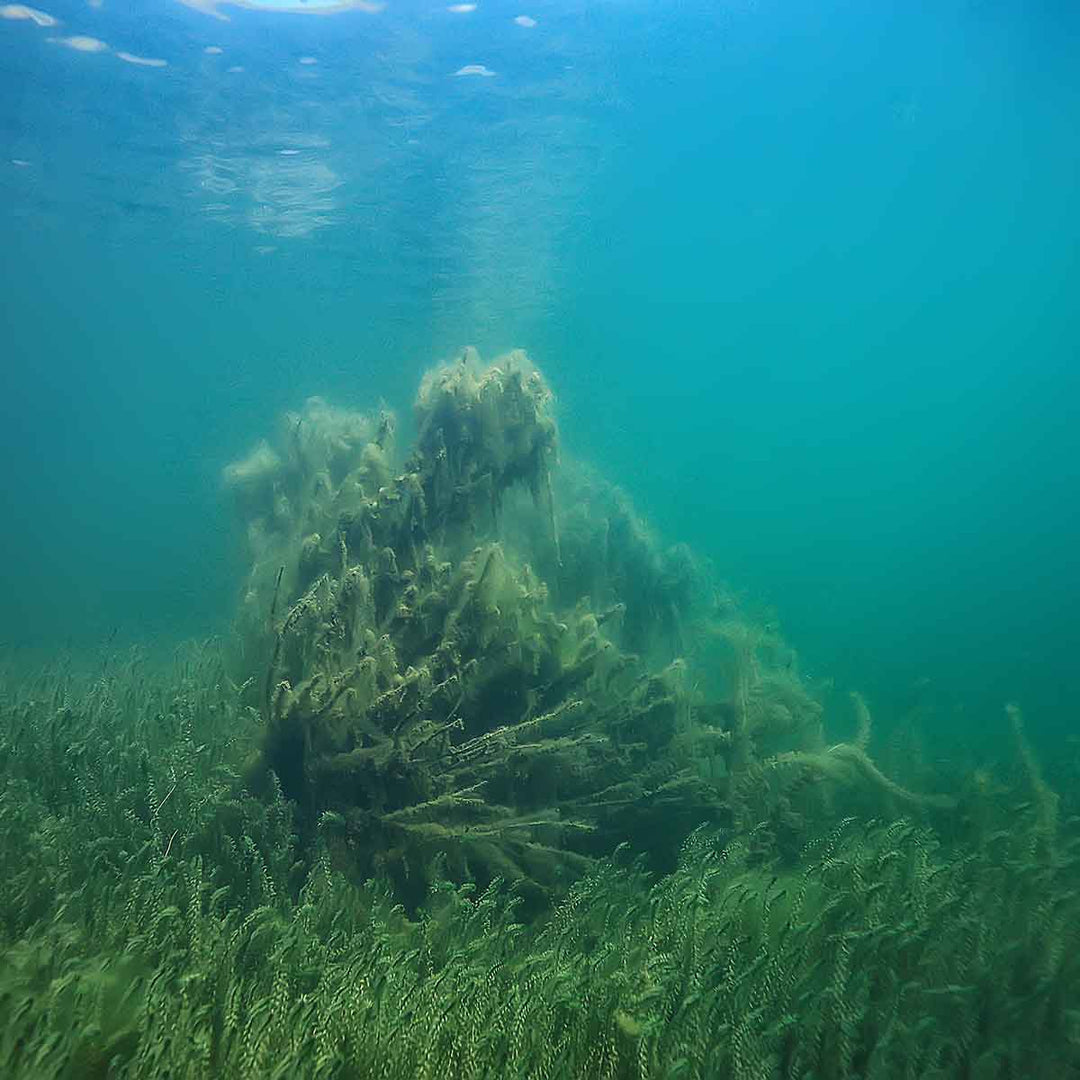What is Chemical Waste?
In order for goods to be produced, certain gases, liquids and solid materials have to be broken down through the use of often harmful chemicals and substances. The substances used and produced from these different production methods may be harmful and are determined to be chemical waste materials. There are certain actions that can be taken to properly manage and dispose of these harmful chemicals, but when corners are cut and these kinds of substances are not properly disposed of, it can lead to severe consequences for humans, animals and the environment. Chemical waste management is an important part of any production process where harmful chemicals are used, and the proper steps need to be taken to ensure that the chemicals used are broken down in a safe and sustainable way. Chemical waste effects on the environment when not treated properly can be dire, with severe and long-lasting consequences.

What Are the Sources of Chemical Waste?
Factories
Large factories produce tons of waste every year, and very often the chemical waste produced is simply tossed out and disposed of as any other waste produced. Though different factors may produce different products, many of the systems in place for waste management remain the same, and this often leads to issues with this kind of waste. Due to the fact that factories have a large level of output, keeping track of the processes and chemicals used within chemical production is extremely important and can ensure that chemical waste from factories is not responsible for this kind of waste pollution!
Industrial Sites
Chemical waste from industries in the industrial sector are common, and building and industrial sites are often spaces where tons of chemicals are used and then disposed of, and often not in safe and manageable ways. businesses that work in the industrial industry need to be made aware of the issues surrounding contamination, especially when it comes to the long-lasting effects that chemical waste through soil pollution can have on an environment.

What Are The Examples of Chemical Waste?
Chemical waste appears in many different forms and has been known to be a contributor to both water pollution and soil pollution, as chemicals seep into different natural resources through ineffective disposal practises, infecting and polluting them. Things like batteries and used oil are two of the most common contaminants that are not dealt with correctly, and often businesses simply dispose of these products the same way that they would with other forms of chemicals and waste materials. An important factor in the management of of this kind of waste is knowing exactly what you are using and the effects that they may have on the environment if they are not handled correctly!
How Does Chemical Waste Impact The Environment?
Short-Term Effects
The main short term effects of chemical waste pollution can be seen when looking at water pollution. When harmful chemicals are disposed of in rivers or lakes and are then drunk by either humans or animals, results can be anything from severe illness to even death. Any fish that is caught and consumed within these infected waters can also lead to issues with the health of both animals and humans. Short term chemical waste effects on environments happen quickly and it is important to have systems in place that can curb the impacts that the contamination has on the area surrounding the site.
Long-Term Effects
Long-term effects are most obviously noted when looking at the impacts that chemical waste has on the quality and fertility of the soil. Even if chemical waste dumping has been contained and cleared up using correct procedures, it is more than likely that some of the hazardous waste has seeped into the ground below. This can go as far to contaminate groundwater and may even lead to desertification, as the low quality of the soil will mean that it is not fertile enough for crops or trees to grow. Ensuring that chemical waste collection is handled properly is imperative to avoiding instances of contamination!
How Do You Identify And Dispose of Chemical Waste?
One of the reasons why this kind of waste has become such a big issue is that many are not aware of the different processes that are involved in chemical waste disposal. These kinds of waste products cannot be discarded like any other type of waste would be and there are specific processes that need to be followed in order to ensure that chemicals are not left to seep into natural resources like water bodies and soil. There are companies that have developed chemical waste containers and chemical waste treatments to specifically help in the clearing and management of thesel waste products. Ensuring that your business is using reputable and safe methods to handle the waste you produce is a great way to ensure you are not responsible for any contamination through chemical waste production. Knowing the kinds of materials and chemicals you are working with and finding the best ways to handle them is the best way to dispose of these kinds of waste products. Chemical waste recycling solutions involve finding the best ways to ensure that chemical waste removal is done effectively and can help to greatly reduce the impact that this problem has on the environment.
What Should Be Done to Solve the Chemical Waste Problem?
By ensuring that proper recycling and waste management tactics are abided by, chemical waste issues can be resolved. Understanding and using the best methods to get rid of chemical waste and treating this waste properly can help to reduce the number of harmful chemicals that are released into the environment. As factories and large industrial industries are often the main contributors to chemical waste pollution, it is becoming more important to ensure that the brands and businesses who are responsible for the ill-management of waste are held accountable for their actions. We as consumers can make the choice of who we are going to support and purchase from, and ensuring that you are aware of the methods that the businesses you are buying from are using to dispose of chemical waste can go a long way!













